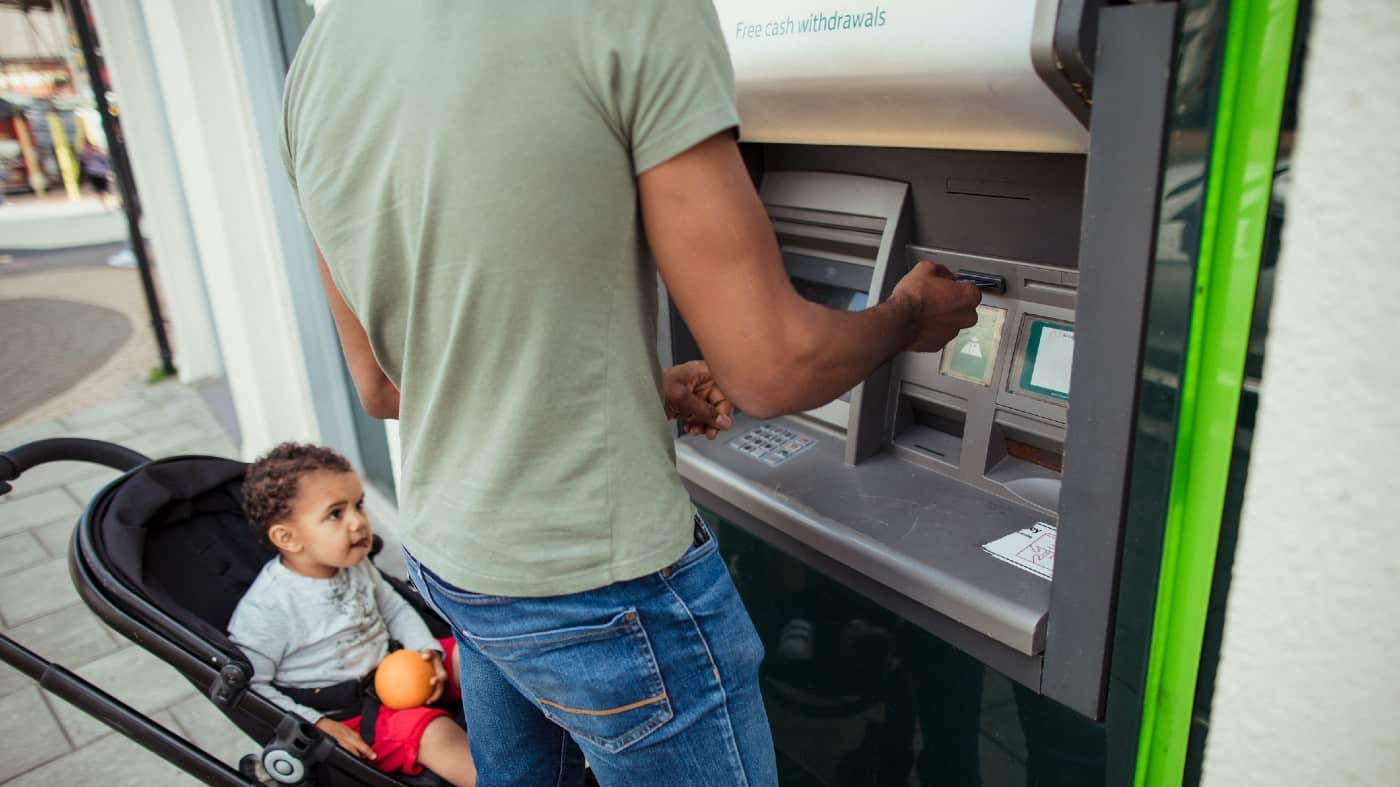The HSBC (LSE:HSBA) share price opened 5% lower today (21 February) after the bank released its results for the 12 months ended 31 December 2023 (FY23).
In its 159-year history, the FTSE 100‘s largest bank has never been more profitable.
Yet early indications are that investors are disappointed with the numbers.
A record-breaking year
Personally, I think it’s performed well. Compared to 2022, net operating income increased by 30%, to $66bn.
Profit before tax soared by $13.3bn, to $30.3bn. And its common equity tier 1 ratio (a measure of solvency) was 14.8% (FY22: 14.2%).
If that wasn’t enough, earnings per share (EPS) increased to $1.15 (FY22: $0.72).
But the results weren’t as good as forecast. The company-compiled summary of analysts’ predictions shows they were expecting EPS of $1.32.
They were also forecasting net operating income to be $600m higher and profit before tax to be $3.7bn better.
| Measure ($m) | 2023 | 2022 | 2021 | 2020 | 2019 | 2018 |
|---|---|---|---|---|---|---|
| Net operating income | 66,058 | 50,620 | 49,552 | 50,429 | 56,098 | 53,780 |
| Expected credit losses | (3,447) | (3,584) | 928 | (8,817) | (2,756) | (1,767) |
| Other costs | (35,070) | (32,701) | (34,620) | (34,432) | (42,349) | (34,659) |
| Associates and joint ventures | 2,807 | 2,723 | 3,046 | 1,597 | 2,354 | 2,536 |
| Profit before tax | 30,348 | 17,058 | 18,906 | 8,777 | 13,347 | 19,890 |
| Tax | (5,789) | (809) | (4,213) | (2,678) | (4,639) | (4,865) |
| Profit for the year | 24,559 | 16,249 | 14,693 | 6,099 | 8,708 | 15,025 |
A balancing act
In my view, the results show that the bank has successfully managed to walk the tightrope of rising interest rates.
Central banks across the world have been raising rates to combat post-pandemic inflation. This is generally good news for banks and explains why HSBC’s income has increased so much.
It’s also the principal reason behind the increase in its net interest margin (NIM) of 24 basis points, to 1.66%. This is the difference between the rate charged on loans and that paid on deposits, expressed as a percentage of interest-earning assets.
However, higher borrowing costs also increases the possibility of customers defaulting on their loans.
HSBC is heavily exposed to the troubled Chinese property sector which, according to Swiss Re, now has debts of $8.9trn. Not surprisingly, it had to increase its estimate of loan defaults by a further $3.5bn, during 2023.
However, the increase in earnings demonstrates that the bank was a net beneficiary from the higher interest rate environment. But analysts were expecting a NIM of 1.69%.
Returns to shareholders
The results announcement contained good news for income investors.
Its full-year dividend will be $0.61 a share (FY22: $0.32). The bank also re-confirmed its commitment to a special payout of $0.21 a share, once the sale of its Canadian business is completed.
Final thoughts
As a shareholder, I find it disappointing that the market has reacted badly to a good set of results.
Irrespective of what analysts were expecting, I think the bank had a great 2023.
I find it puzzling that results are often judged against the expectations of a few individuals (that could be totally unrealistic) rather than the financial performance of previous years.
I’m particularly encouraged by the firm’s outlook.
For FY24, the directors are expecting net interest income of “at least” $41bn. This is 14% higher than for FY23.
With this outlook, a strong balance sheet, healthy dividend, and despite the risks, I see no reason to sell my shares.







